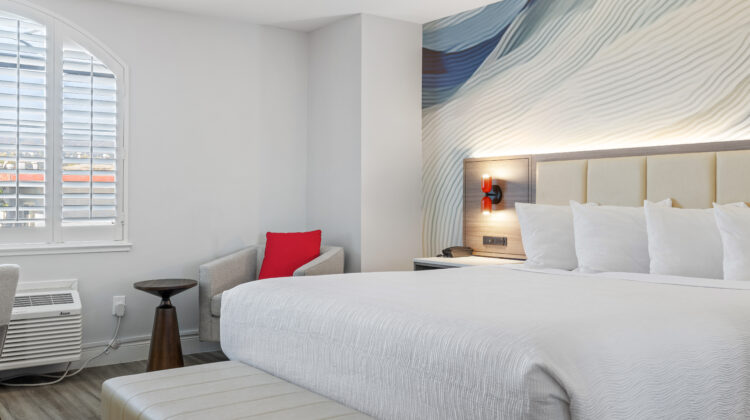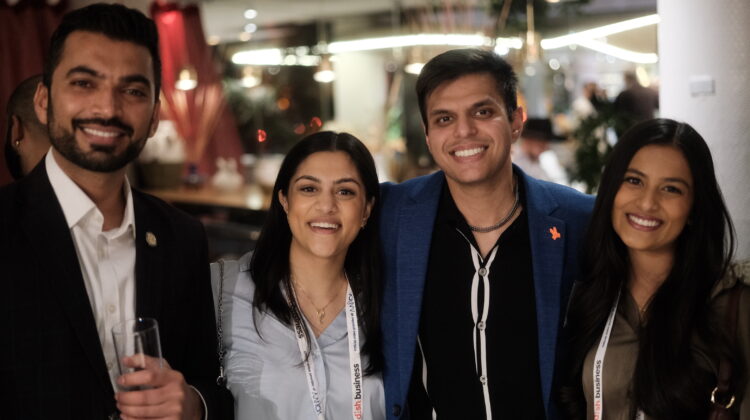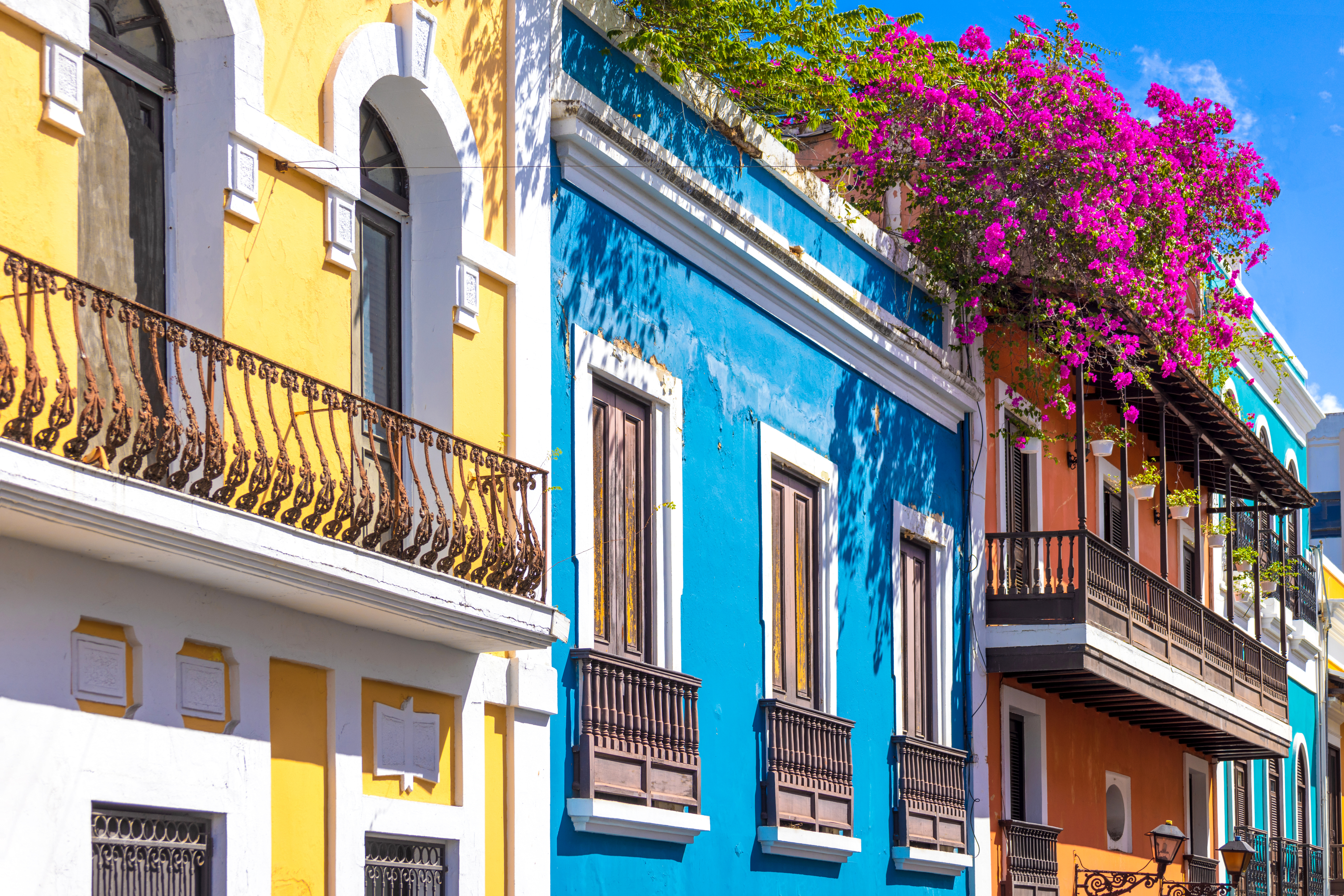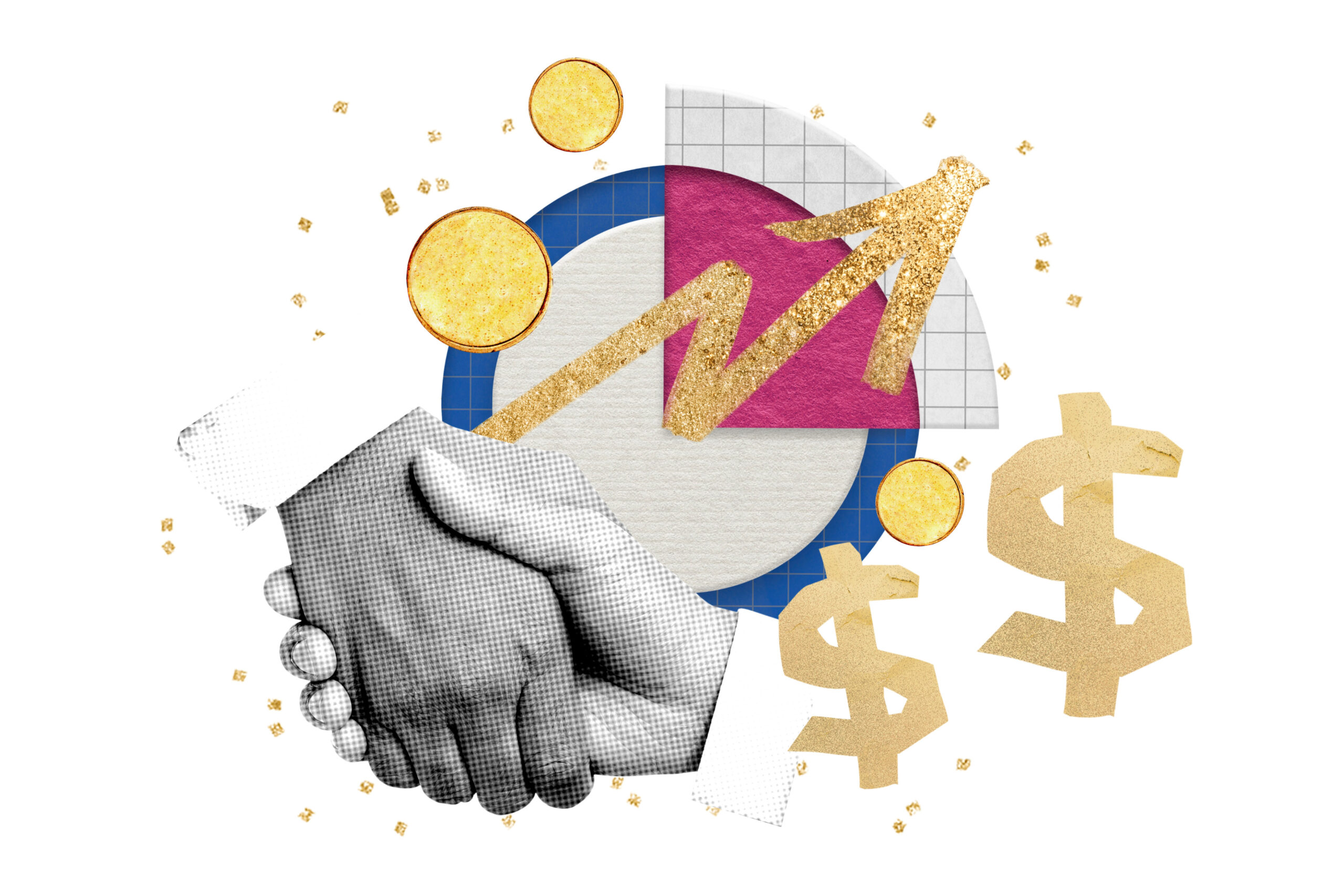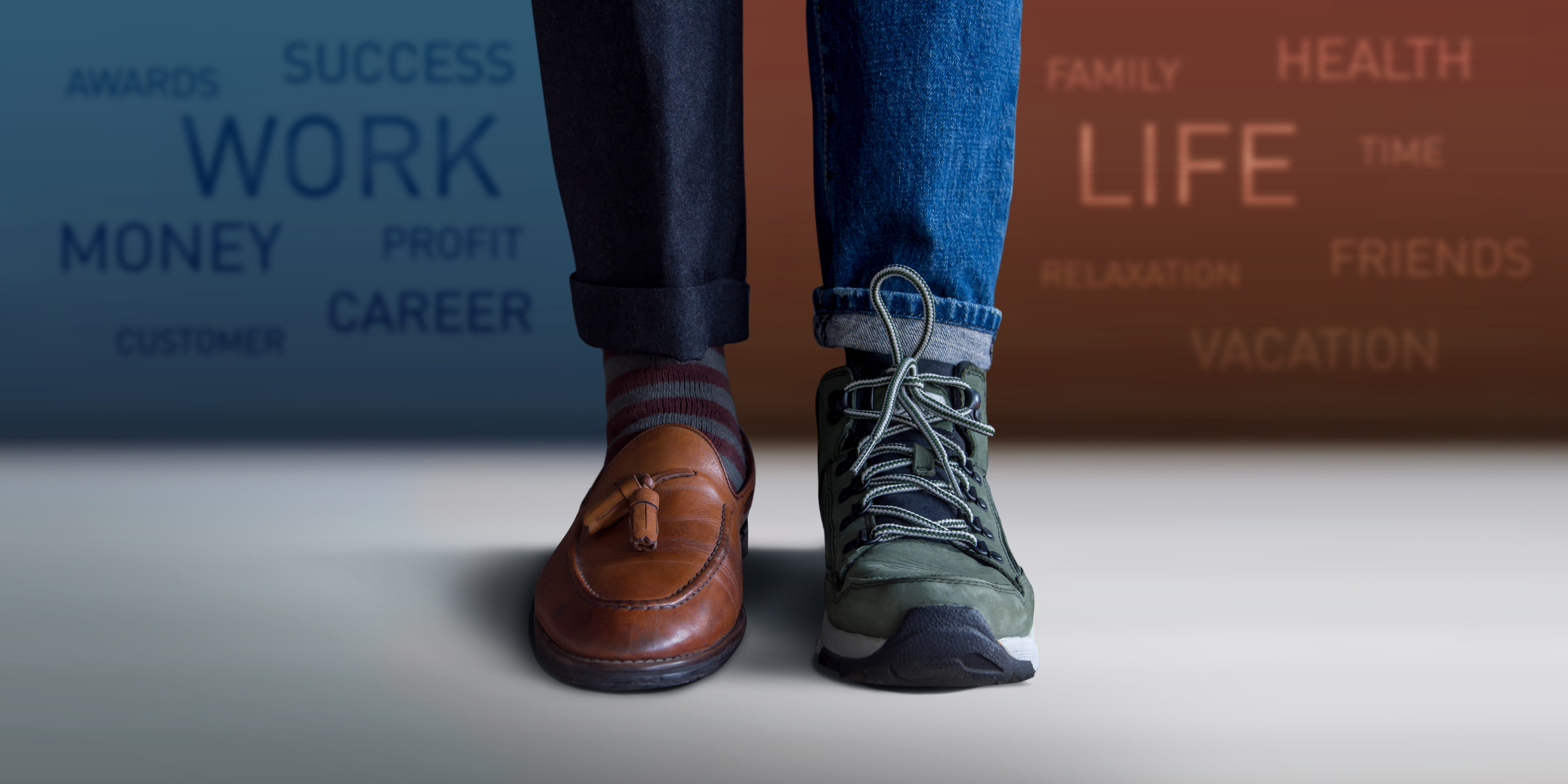Columns
The Heart and Soul of Alma San Juan
“Alma” means soul in Spanish. At Alma San Juan, Ankita Jain crafted a hospitality experience inspired by the soul of Puerto Rico – showcasing its history, its culture, and its people. By Amy Drew Thompson Ankita Jain was a seasoned traveler by the time she was 7, which was when her family relocated from Mumbai…
There’s Strength in Numbers
Leveraging AAHOA’s vendor relationships By Nick Fortuna When it comes to securing the best deals for members, size matters, and among industry associations, AAHOA is recognized as a power player. With a membership of almost 20,000 hoteliers representing more than half of all U.S. hotels, AAHOA gives members access to trusted vendors and pools their…
Boosting Workplace Morale
The power of celebrating small wins By Lisa Ryan, CSP Let’s dive into a topic that might surprise you a bit: celebrating at work. You might think, “Work is for, well, work, right?” But here’s a fun fact: throwing in a little celebration here and there can make the work we do even better. It’s…
What Does Work-Life Balance Really Mean?
By Janet Frank, Ph.D., A-CFHC, NBC-HWC, PFACBoard Certified Health and Wellness Coach Here’s the truth: “Work-life balance” is a myth. If balance meant equal time for everything, we’d spend eight hours working, eight hours sleeping, and eight hours doing everything else. But that’s not how life works, especially not for business owners like you. In…

